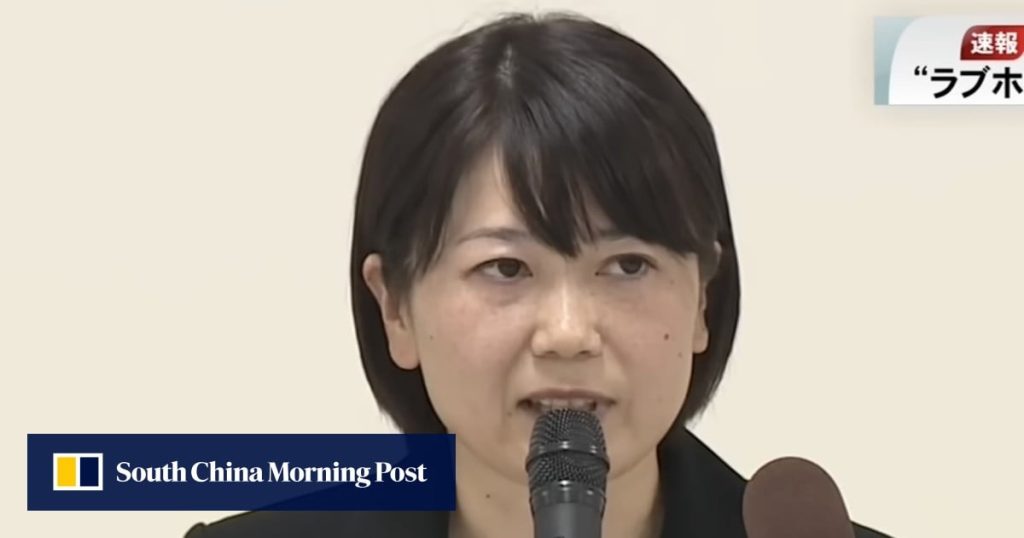In recent months, a female mayor has been accused of repeatedly taking a male subordinate to a nearby “love hotel”, another dissolved a city council after it was discovered that she had falsified her academic records, and a male mayor from Okinawa is accused of sexually harassing female staff.
Elsewhere, a female mayor stepped down after being accused of having relationships with two men, a 62-year-old mayor was arrested for punching a woman working in a bar, and another arranged for a fake candidate to run in an election to give him a better chance of victory.
Such incidents are fuelling growing disillusionment with local politics and weakening public commitment to overseeing the administration of prefectures and cities across Japan, according to analysts. While similar misconduct by politicians may have occurred in the past, analysts note that social media now brings these scandals to public attention far more quickly.
“Of course, it went on before, but it is so much easier to uncover and check today,” said Michael Cucek, a professor of Asian studies at the Tokyo campus of Temple University.
“And the embarrassment is not just around the salacious aspects of what the politicians are doing, but it is also around the lack of quality control among the people who supported them to get them into these positions and those who worked with them and knew what was going on,” he told This Week in Asia.


